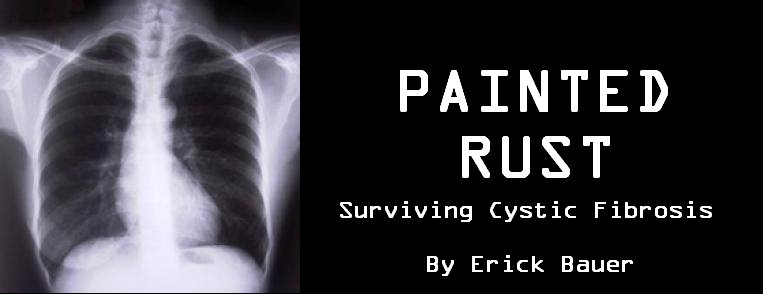Some very encouraging news for prednisone users and CF patients courtesy of CTV:
Asthmatics with a severe form of the condition can reduce their use of steroids after injections of an experimental antibody, Ontario researchers have found.
Scientists at McMaster University and Hamilton's St. Joseph's Healthcare studied 20 patients who have asthma along with eosinophilia, an added condition that causes persistent inflammation of the airways due to high levels of white blood cells called eosinophils.
They gave them injections of an antibody called mepolizumab and then monitored their symptoms as they lowered their dosage of the steroid prednisone. After six months, the patients on mepolizumab had fewer asthma attacks compared to those given a placebo. That group saw their symptoms worsen as their prednisone dosage was reduced. The study is published in the New England Journal of Medicine.
The study's senior author, Dr. Paul O'Byrne, says mepolizumab works by blocking the production of eosinophils. "By preventing their production, we were able to improve asthma, reduce the need for prednisone and really show that eosinophils are important in causing asthma symptoms in these patients."
The 60,000 to 120,000 Canadians with eosinophilia typically take prednisone to manage their condition. But the steroid causes serious side effects such as bone loss and an increased risk of diabetes.
"Those who use more than 10 mg of prednisone a day for long periods of time put on weight, their blood pressure goes up, they could become diabetic, they have large mood swings, cataracts, glaucoma - the list is endless," lead author Dr. Parameswaran Nair told Canada AM.
Patients receiving mepolizumab "markedly reduced" their use of prednisone without their asthma getting any worse, O'Byrne said. Mepolizumab reduced the number of eosinophils to the normal range and kept them at that level for the entire study, O'Byrne said.
What's more, they noticed no side effects of mepolizumab, Nair reports. A second study of 61 patients published in the same issue of the NEJM by British researchers also showed mepolizumab therapy effectively treats patients with very severe eosinophilic asthma.
Professor Ian Pavord at the Institute for Lung Health said the results of his study suggested mepolizumab could cut severe asthma attacks by up to 50 per cent, as well as enabling patients to reduce their use of steroids. Mepolizumab is still considered an experimental drug and is currently not approved for use in Canada.
Sunday, March 8, 2009
Subscribe to:
Post Comments (Atom)


No comments:
Post a Comment